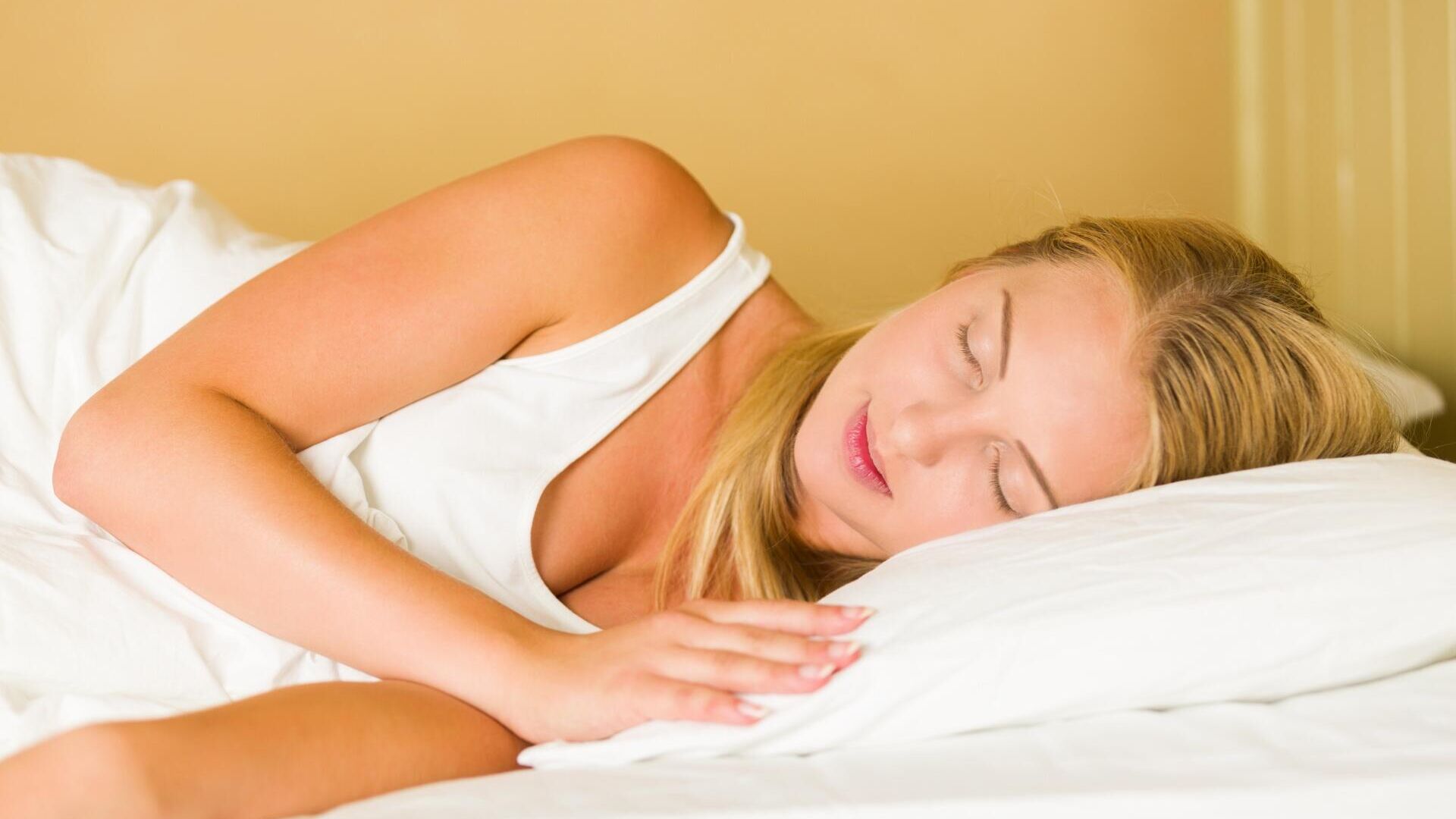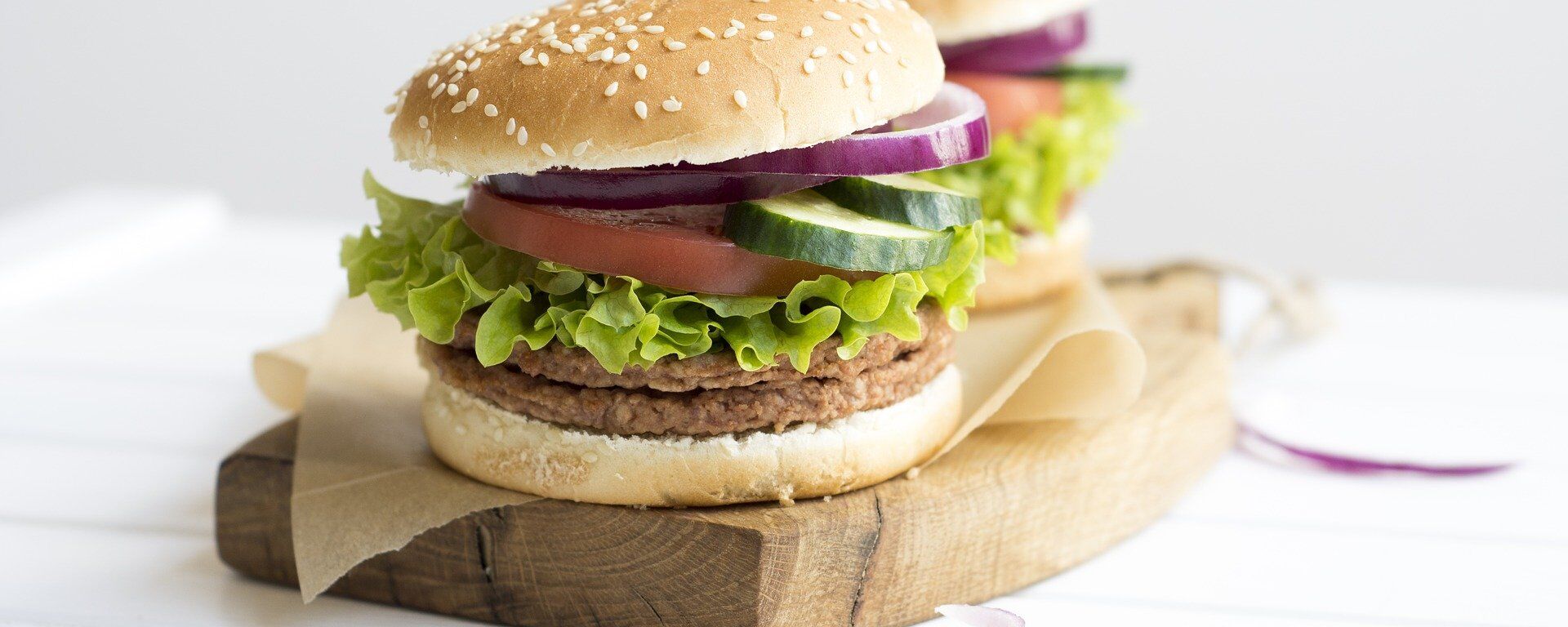https://sputnikglobe.com/20231019/you-snooze-you-lose-new-study-says-snoozing-not-as-bad-as-you-think-1114306682.html
You Snooze, You Lose? New Study Says ‘Snoozing’ Not as Bad as You Think
You Snooze, You Lose? New Study Says ‘Snoozing’ Not as Bad as You Think
Sputnik International
The researchers found little difference between the cognitive ability of those who woke up at the sound of their alarm, and those who chose to “snooze” in.
2023-10-19T04:07+0000
2023-10-19T04:07+0000
2023-10-19T04:08+0000
beyond politics
sleep
study
health
https://cdn1.img.sputnikglobe.com/img/07e6/02/08/1092844547_0:100:1921:1180_1920x0_80_0_0_d2808a826ba203ab411bcd8d91924301.jpg
Researchers in Sweden conducted two studies in order to examine what hitting the snooze button does to one’s sleep. In their first study, they began by asking respondents about their waking habits.Officials surveyed over 1,700 people and found that nearly 70% of those people habitually hit their snooze button. Most said they did so because they were too tired to wake up. Just 17% said they did so because it felt good. Many of those who “snoozed” were also younger, with the average age of the test subjects being about 27.For those who snooze, many also reported morning drowsiness and shorter sleep.Rejecting those who have a hard time sleeping anywhere but their bed—as well as those who experience insomnia, the researchers placed 31 “snoozers” in a sleep lab for several nights. On some mornings they were allowed to hit their snooze button every 10 minutes or so, for up to 30 minutes of additional rest. But on other days, they had to get up as soon as their alarm went off.Each time, upon waking, the test subjects were asked to perform a few cognitive tests, such as math, memory and word tests—even before pouring themselves a cup of coffee.The researchers found little difference between the cognitive ability of those who woke up at the sound of their alarm, and those who chose to “snooze” in. In fact, they found that those who were allowed to sleep for an additional 30 minutes actually performed better on the cognitive tests. They were also asked about their mood, and had their cortisol levels taken.Dr. John Saito, a spokesperson for the American Academy of Sleep Medicine who was not involved in the study, said that being able to snooze could allow sleepers to have a more pleasant experience when waking as opposed to snapping out of a deep sleep too quickly. However, Dr. Rachel Salas, an assistant medical director of John Hopkins Center for Sleep and Wellness, points out that those who habitually hit their snooze button could have more serious problems with their sleep, like narcolepsy and sleep apnea.“The findings indicate that there is no reason to stop snoozing in the morning if you enjoy it, at least not for snooze times around 30 minutes," Sundelin said in a release. "In fact, it may even help those with morning drowsiness to be slightly more awake once they get up."
https://sputnikglobe.com/20230609/hit-the-hay-junk-food-leads-to-worse-sleep-swedish-study-finds-1111021088.html
Sputnik International
feedback@sputniknews.com
+74956456601
MIA „Rossiya Segodnya“
2023
News
en_EN
Sputnik International
feedback@sputniknews.com
+74956456601
MIA „Rossiya Segodnya“
Sputnik International
feedback@sputniknews.com
+74956456601
MIA „Rossiya Segodnya“
sleep, health, study, science, sleep, sleep study, snoozing, sleeping in
sleep, health, study, science, sleep, sleep study, snoozing, sleeping in
You Snooze, You Lose? New Study Says ‘Snoozing’ Not as Bad as You Think
04:07 GMT 19.10.2023 (Updated: 04:08 GMT 19.10.2023) A study released on Wednesday shows that hitting your snooze button to grab some extra sleep in the morning isn’t all that bad.
Researchers in Sweden conducted two studies in order to examine what hitting the snooze button does to one’s sleep. In their first
study, they began by asking respondents about their waking habits.
Officials surveyed over 1,700 people and found that nearly 70% of those people habitually hit their snooze button. Most said they did so because they were too tired to wake up. Just 17% said they did so because it felt good. Many of those who “snoozed” were also younger, with the average age of the test subjects being about 27.
For those who snooze, many also reported morning drowsiness and shorter sleep.
"In the first study we found that in general younger people were the ones snoozing and they were to a high degree night owls," Dr. Tina Sundelin, sleep researcher at Stockholm University, said.
Rejecting those who have a hard time sleeping anywhere but their bed—as well as those who experience insomnia, the researchers placed 31 “snoozers” in a sleep lab for several nights. On some mornings they were allowed to hit their snooze button every 10 minutes or so, for up to 30 minutes of additional rest. But on other days, they had to get up as soon as their alarm went off.
Each time, upon waking, the test subjects were asked to perform a few cognitive tests, such as math, memory and word tests—even before pouring themselves a cup of coffee.
The researchers found little difference between the cognitive ability of those who woke up at the sound of their alarm, and those who chose to “snooze” in. In fact, they found that those who were allowed to sleep for an additional 30 minutes actually performed better on the cognitive tests. They were also asked about their mood, and had their cortisol levels taken.
“When snoozing, as opposed to when having to wake up right away, I would say that they came to alertness quicker, even though there was no difference in how sleepy or alert they felt subjectively,” said
Sundelin.
Dr.
John Saito, a spokesperson for the American Academy of Sleep Medicine who was not involved in the study, said that being able to snooze could allow sleepers to have a more pleasant experience when waking as opposed to snapping out of a deep sleep too quickly.
However, Dr. Rachel Salas, an assistant medical director of John Hopkins Center for Sleep and Wellness, points out that those who habitually hit their snooze button could have more serious problems with their sleep, like narcolepsy and sleep apnea.
“The findings indicate that there is no reason to stop snoozing in the morning if you enjoy it, at least not for snooze times around 30 minutes," Sundelin said in a release. "In fact, it may even help those with morning drowsiness to be slightly more awake once they get up."



